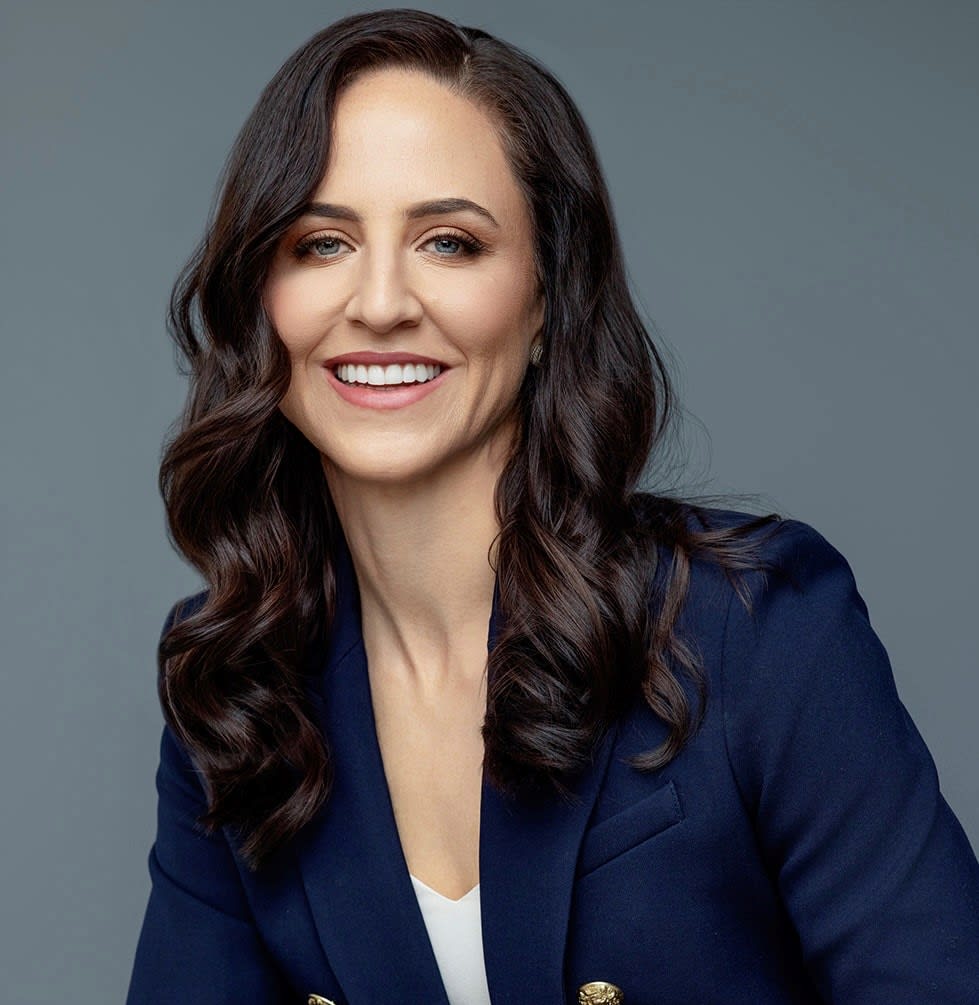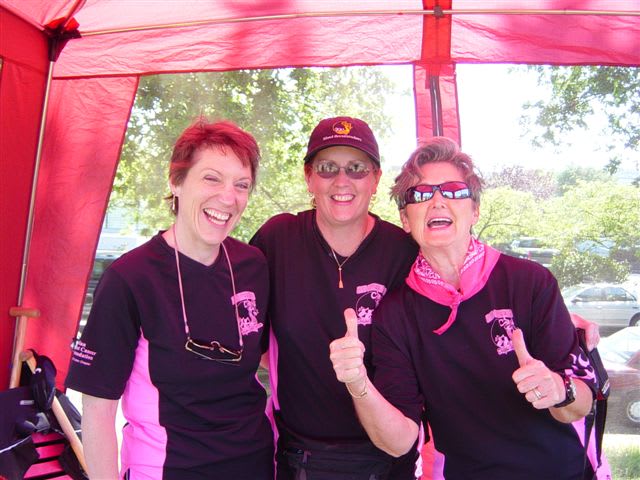How BC Cancer Foundation Donors Support Research on Vancouver Island
December 18, 2014
Hello again! This week I want to tell you about how BC Cancer Foundation donors have supported our cancer research. While I will focus on how this has happened in Victoria, donors have helped across the province in all six BC Cancer Agency centres.
In 2002, an important commitment was made by the BC Cancer Foundation to support the salary of a medical physicist for two years. The Department of Physics and Astronomy at the University of Victoria (UVic) was willing to host this position and agreed to make it permanent after two years. This was an incredibly important moment for us because degree programs attract students and when students are around a lot more research gets done.
By 2004 our new university medical physicist was on board and since then we have grown our degree program. In 2009, it became an accredited training program and we now have 12 PhD students enrolled (one based at the Sindi Ahluwalia Hawkins Centre for the Southern Interior in Kelowna) and two Masters-level students. We are helping to train the next generation of medical physicists! As well, seven medical physicists in Victoria have university appointments that allow them to supervise students and increase the amount of research they can do.
You can see how generous seed funding from the Foundation has enabled us to grow an entire academic program, really amplifying the impact of the original contribution. I’m pleased to report that right now we are recruiting another medical physicist to join UVic!
Some of you from Vancouver Island may also recall the BC Cancer Foundation’s $6 million “Daring to Believe” fundraising campaign for the new Cancer Centre in Victoria. 20,000 square feet of research space was made available as a direct result of the campaign, including two large rooms dedicated to housing our medical physics students from UVic.
In recent years, Foundation funding has enabled us to really develop the ideas I shared in the last blog: to engage the entire care team in research investigating the best use of our state-of-the-art radiation therapy equipment and to establish our own clinical trials group to run locally-developed studies to measure the effects of the new therapies we develop. Further funding has supported radiation oncology and medical physics research fellows who focus entirely on research and work with other clinical staff to get more research projects up and running.
To all of you out there that have supported the BC Cancer Foundation on Vancouver Island, I thank you. Your donations have been used directly to do work that has influenced medical practice so that patients who walk through our doors for treatment now are getting the most beneficial treatments.
Bye for now,
Wayne


